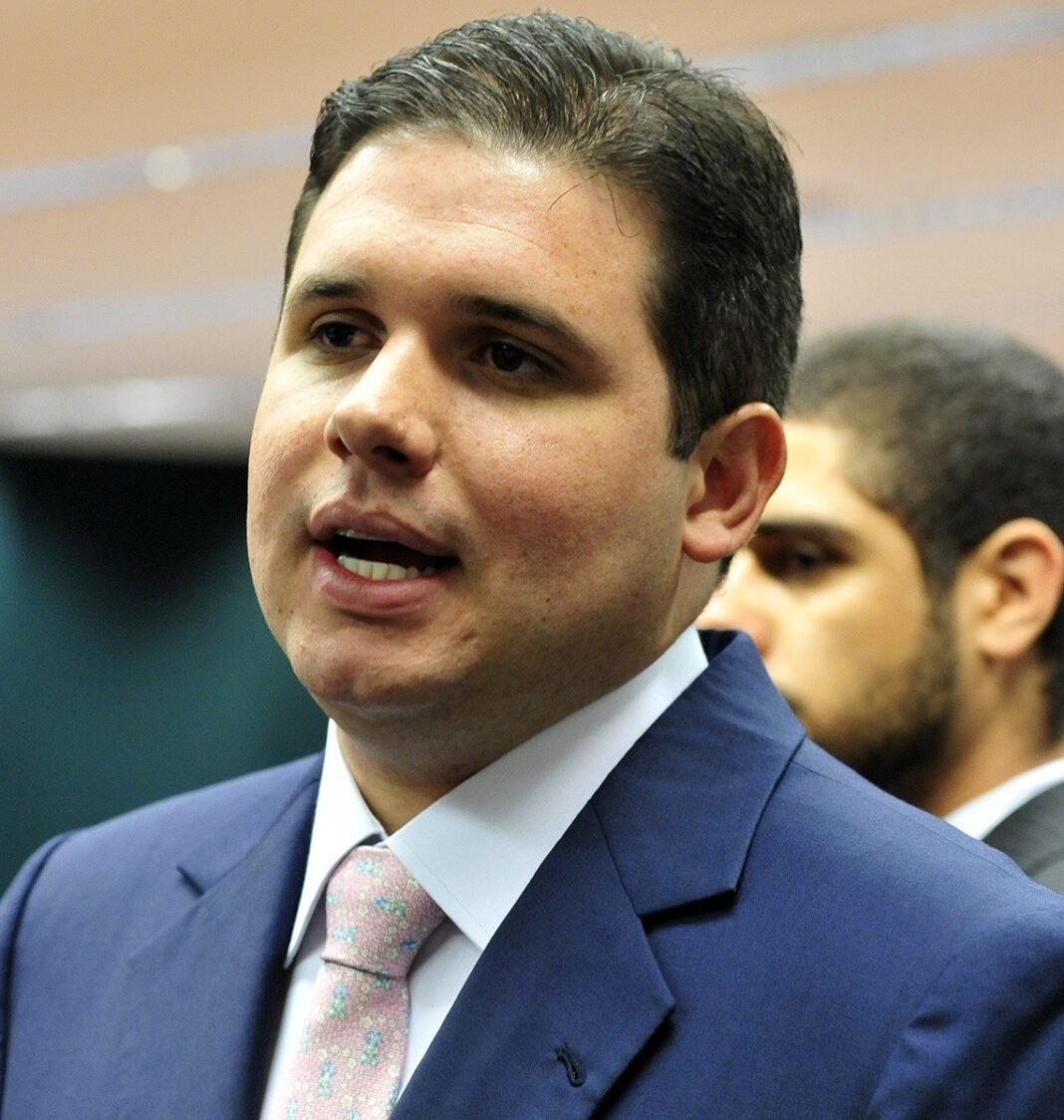With broad support from parties ranging from the PL, former President Jair Bolsonaro’s party, to the PT, President Luiz Inácio Lula da Silva’s party, Congressman Hugo Motta (Republicans) has also gained informal backing from União Brasil, the party of his main rival, Elmar Nascimento, in the race for the Chamber of Deputies’ presidency. Motta now faces the challenge of accommodating agendas and requests for positions in the future Executive Board. Despite lacking his own party’s backing, Elmar remains in the race to succeed Arthur Lira (PP).
This Content Is Only For Subscribers
To unlock this content, subscribe to INTERLIRA Reports.
Changes in União Brasil
Within União Brasil, there is a consensus that Motta, already supported by the PP and Lira, along with endorsements from the PT, PL, MDB, Podemos, PV, and PCdoB, is the favorite to lead the Chamber of Deputies. With alliances totaling 318 deputies—well above the 257 votes needed for an absolute majority—Motta emerges as the likely winner.
Agreements
Hugo Motta will need to manage internal conflicts after securing alliances with the main blocs in the Chamber. By consolidating support and weakening his opponents, he must finalize agreements and address demands. For example, PT has already secured an agreement with Lira and Motta for a seat on the Federal Court of Accounts (TCU), which has stirred opposition. Elmar Nascimento (União Brasil), although not having officially withdrawn his candidacy, seeks to lead the Committee on Constitution and Justice (CCJ) or negotiate for a ministerial position. The Budget Rapporteur position, initially earmarked for the MDB, is also being pursued by União Brasil.
PT Leader
The PT leader in the Chamber, Odair Cunha, stated that it is essential for the new leadership to respect the size of the PT’s bloc, and he mentioned an agreement to nominate a PT member for the TCU. Additionally, the PT will have the right to the second selection for the Executive Board, following the PL, which is expected to choose the first vice president. Thus, the PT is expected to opt for the first-secretary position.
Changes in the Cabinet
Government officials are open to making cabinet changes after the Chamber presidency election. Should União Brasil and PSD wish to alter the ministries they currently hold, the government is willing to reconfigure these positions. Government members see Elmar Nascimento’s outreach to the PT as favorable, which has included support for PT candidates in local elections and meetings with Lula’s ministers.
Parliamentary Amendments
Hugo Motta, aged 35 and in his fourth term, is affiliated with Republicans, one of the largest Centrão parties. Barring unexpected developments, Motta is expected to win easily in February, after Arthur Lira leveraged his influence to unite rival parties. Parliamentary amendments, a tool consolidated by Lira and which Motta promises to uphold, have been crucial in forming alliances.
Parliamentary Amendments Remain Blocked
On Monday (04/11), the Chamber of Deputies is set to vote on a bill concerning parliamentary amendments, presented by Rubens Pereira Junior (PT). With the support of the government, Congress, and the Supreme Court (STF), the text aims to limit transfers and attempts to resolve the impasse surrounding the resources, that remain blocked.
- Limits on Amendments: The bill prioritizes structural projects, limits bloc amendments to eight nominations, and caps the growth of parliamentary amendments based on the annual budget bill;
- Committee Amendments: Committee amendments, which have been a point of contention with the STF, are not required to disclose the author of the nomination. Under the proposal, each committee will receive nominations from party leaders, and these will then be voted on by the relevant committee. This is the only non-compulsory category, meaning the government is not obligated to release funds.
- Individual Amendments: In the case of individual amendments, members of Congress can utilize the “pix amendment,” a direct transfer to municipal treasuries. The proposal requires the author to specify the objective and amount, with priority given to unfinished projects. These funds will be overseen by the Federal Court of Accounts.
- Bloc Amendments: State bloc amendments must be directed exclusively to structural projects for the represented state, prohibiting individualized actions to fulfill specific members’ interests, in line with a ruling by STF Minister Flávio Dino, the case’s rapporteur.
Analysis:
The race for the presidency of the Chamber of Deputies, with Hugo Motta in the lead, highlights the growing centrality of the position, especially in a scenario where parliamentary amendments serve as a powerful political currency. By gathering support from parties across different ideological spectrums, Motta is consolidating alliances that overlap ideological issues, reinforcing the power of the bloc known as the “Centrão” and reflecting the pragmatism that characterizes Brazilian politics. The coalition around his candidacy shows the continued influence of amendments as the main bargaining tool, strengthening political blocs and expanding the power of the Legislative Branch.
Parliamentary amendments, especially those of rapporteurs, have become essential tools for political negotiation, increasing the Executive’s dependence on Congress and, at the same time, reinforcing the autonomy of parliamentarians to direct resources. The bill that aims to regulate them and impose limits reflects the pressure for greater transparency and control over these resources, especially after criticism from the Supreme Federal Court and society. However, the proposal maintains questionable aspects, such as the committee amendments, which still allow the anonymity of the authors and raise concerns about transparency.




